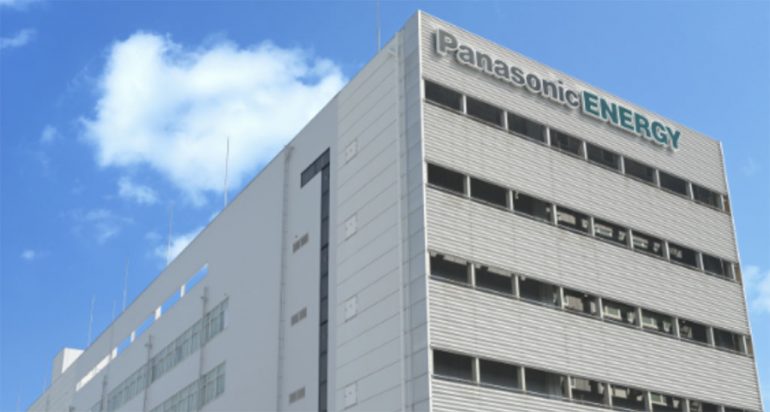
As electric vehicles (EVs) continue to revolutionize the automotive industry, the demand for high-capacity batteries is rising. Panasonic Energy, a key supplier for Tesla, is stepping up to meet this demand with its latest 4680 battery cells. The company has finalized preparations for mass production at its Wakayama plant in Japan, positioning itself to be a crucial player in the EV market’s future.
Panasonic’s new 4680 battery cells promise to reshape the EV landscape. With a diameter of 46mm and a height of 80mm, these cells offer five times the capacity of the smaller 2170 cells currently used in many EVs. This leap in capacity allows automakers to extend the driving range of their electric vehicles while requiring fewer cells to achieve the same energy storage. The new battery format could significantly reduce costs, making EVs more accessible and practical for everyday drivers.
Also, don’t forget that you can get discounted new car pricing with a free quote through qualified local dealer partners.
While Tesla has already started producing its own 4680 cells, its production has faced challenges, particularly in ramping up speed. Panasonic, a long-standing partner of Tesla, is expected to help alleviate these bottlenecks by supplying the automaker with its own 4680 cells. These batteries are set to be pivotal for Tesla’s production of vehicles like the long-anticipated Cybertruck, which began deliveries in late 2023.
Panasonic is not stopping with just one production facility. The company is building a second U.S. battery plant in Kansas, set to begin production in 2025, adding to its existing facility in Nevada. These plants will help Panasonic meet the growing global demand for EV batteries, with the Wakayama plant leading the charge in the development of the 4680 cells. The company also plans to scale up production to several gigawatt hours annually.
The Wakayama facility is more than just a production site—it’s a testbed for innovative manufacturing processes. Panasonic is employing around 400 staff to both develop and produce the new 4680 batteries by 2025. The techniques trialed at this plant could potentially be rolled out to other Panasonic battery factories around the world, ensuring the company remains at the forefront of EV battery technology.
While Tesla remains a critical partner, Panasonic is broadening its reach. It has already sent samples of its 4680 cells to other automakers to which it supplies batteries. Subaru, for example, has announced plans to collaborate with Panasonic on a new automotive battery plant in Gunma, Japan, set to open in 2028. As more automakers embrace the shift to electric vehicles, Panasonic is poised to be a key supplier, helping to power the next generation of EVs.
Panasonic Energy’s CEO, Kazuo Tadanobu, recently spoke on the bright future of the EV market, predicting its steady growth in the medium to long term. As one of the pioneers in EV battery technology, Panasonic is positioning itself as a leader in meeting the demands of the global shift toward electric vehicles. By preparing for large-scale production of the 4680 cells, the company is ensuring that automakers worldwide have access to the advanced technology needed to power their EVs for years to come.
As the electric vehicle revolution accelerates, companies like Panasonic are vital in pushing the technology forward. Their new 4680 batteries, with their larger capacity and potential cost savings, promise to be a game-changer for the industry. With a strong partnership with Tesla and expansion into global markets, Panasonic is setting the stage for an exciting future in EVs, driving innovation in battery technology and production.